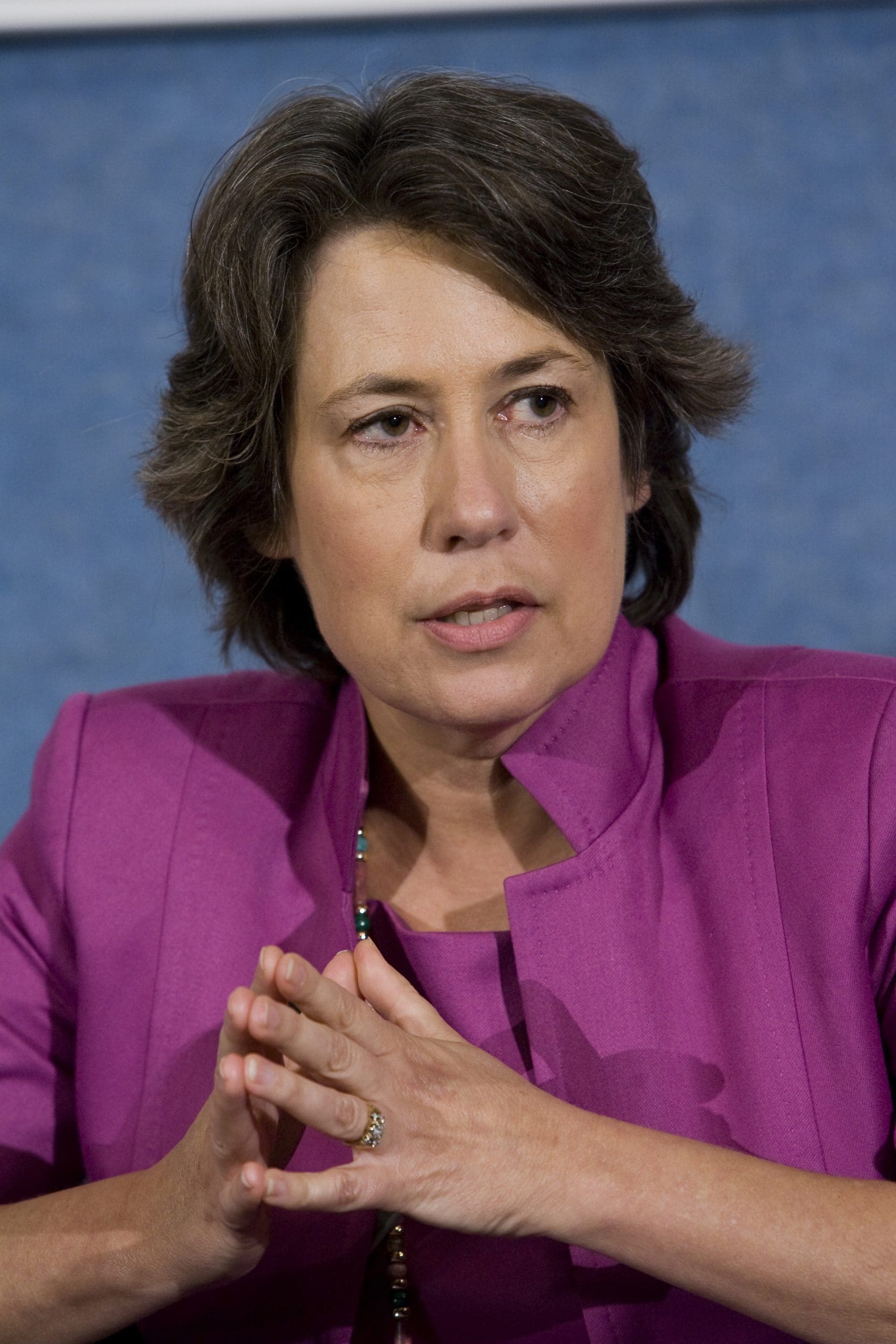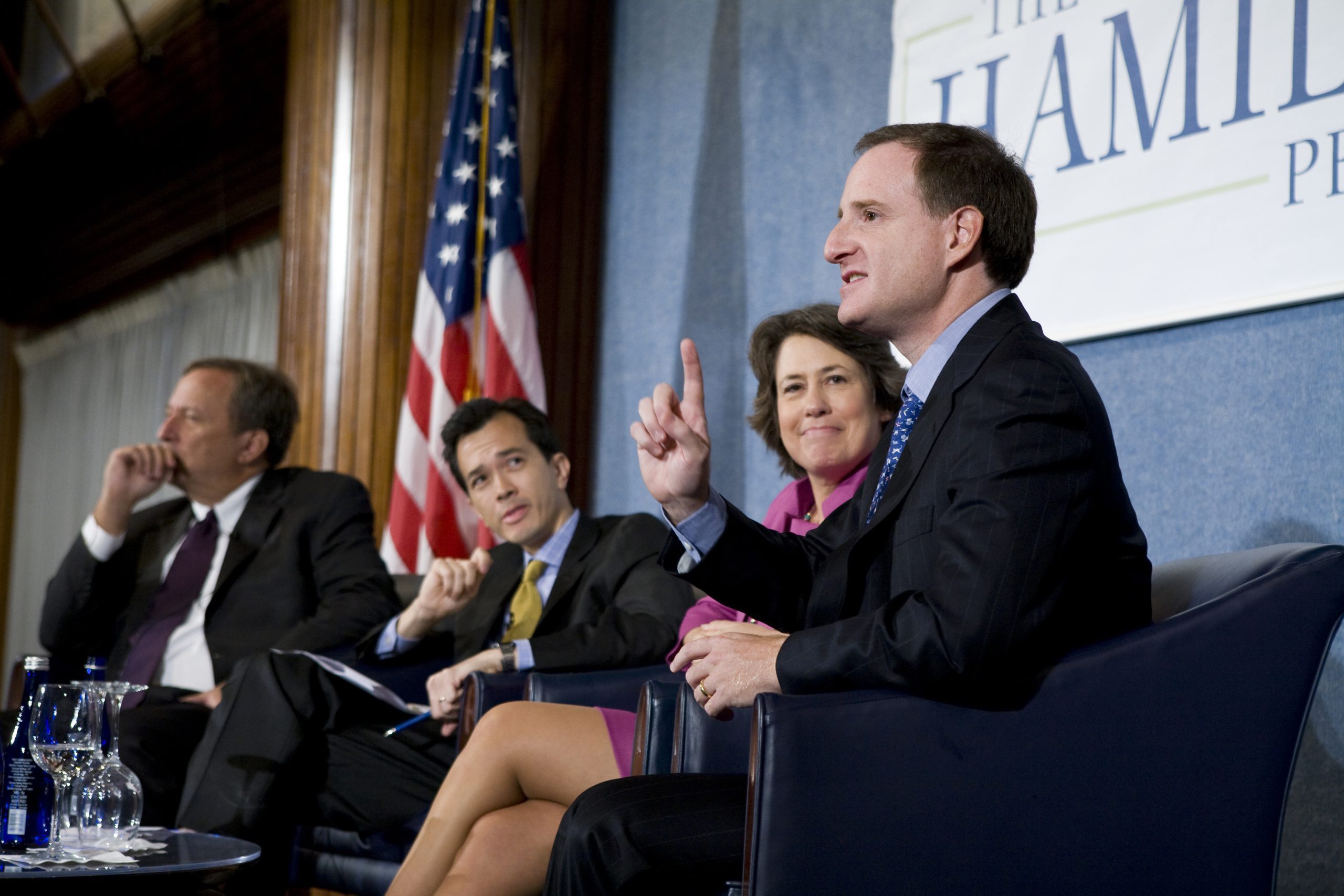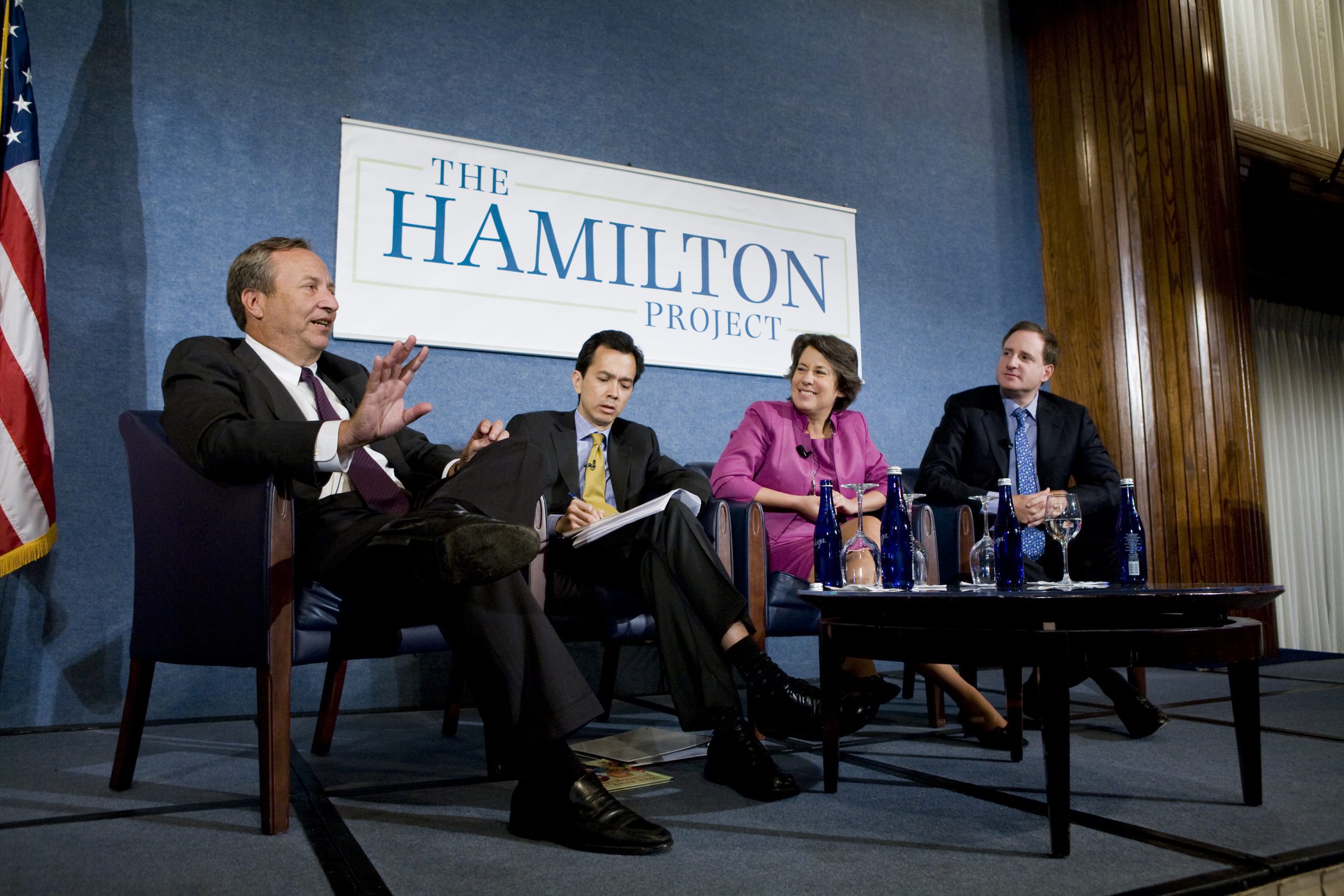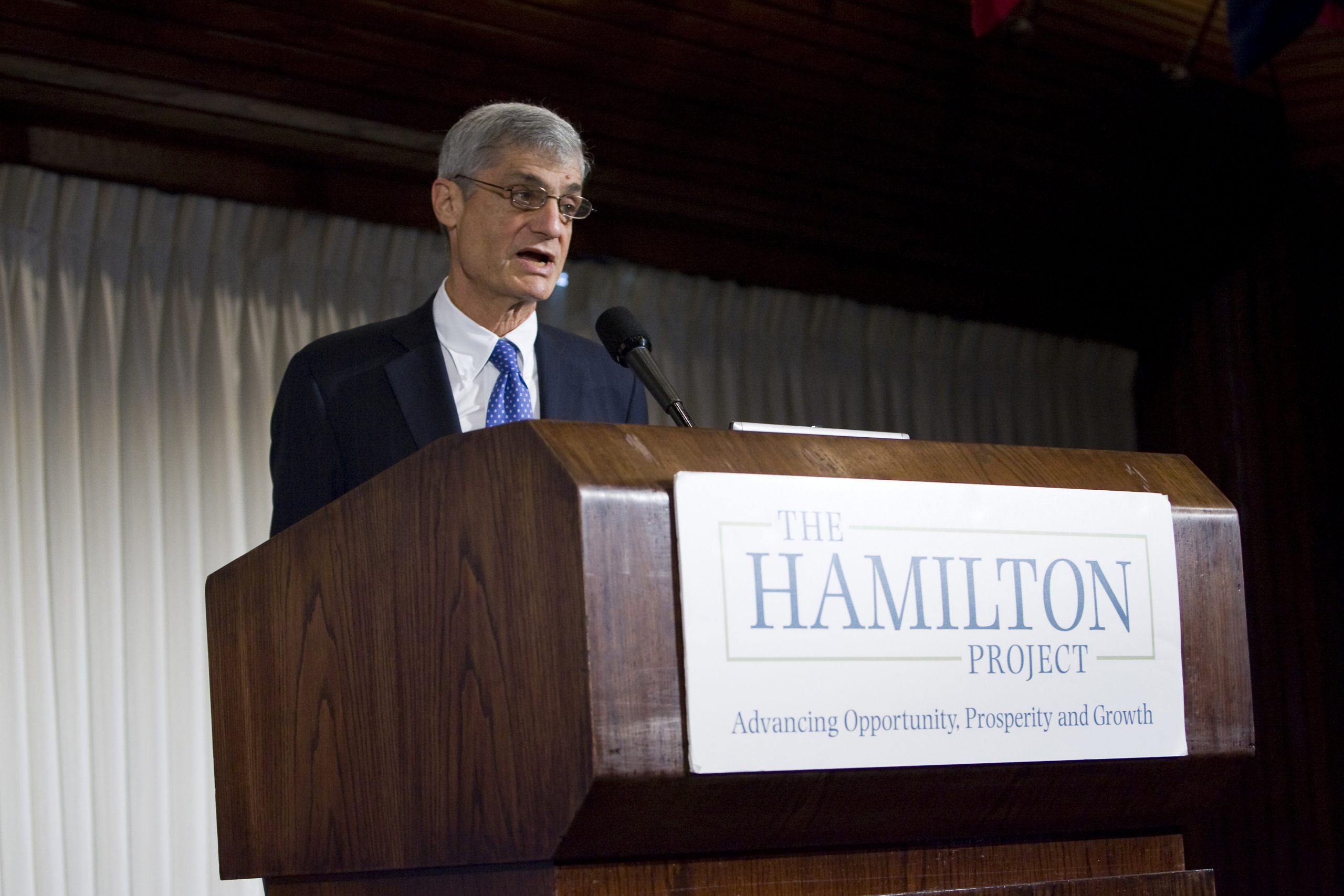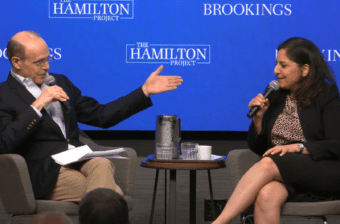Turmoil in the U.S. housing and financial markets continues, as evidenced by the recently announced rescue plan for mortgage giants Fannie Mae and Freddie Mac and the latest financial turmoil involving Lehman Brothers, Merrill Lynch, and AIG. The impacts are being felt on Main Street, where millions of American families have lost their homes or are struggling to keep them, while others are finding it harder to buy new homes due to credit constraints. Owing in part to the financial and economic challenges, the demand for low-income rental housing is likely to grow, putting additional stress on a system that already falls short of providing adequate housing for many qualifying applicants.
The Hamilton Project released three new discussion papers and hosted a three-panel policy discussion on various aspects of the housing and credit markets. Former U.S. Treasury Secretary Robert E. Rubin gave opening remarks and provided an overview of the agenda. In addition to two focused policy roundtables, The Hamilton Project also hosted a high-level discussion on the state of the housing and financial markets with FDIC Chairman Sheila Bair, Eton Park Capital Management CEO Eric Mindich, and former U.S. Treasury Secretary Lawrence H. Summers. Greg Ip, U.S. Economics Editor for The Economist, moderated the discussion.
The first policy roundtable explored ways to reform low-income housing assistance. Edgar O. Olsen of the University of Virginia presented his proposal for moving away from unit-based assistance to tenant-based assistance through implementation of a voucher program. Brookings Vice President Bruce Katz, Director of the Metropolitan Policy Program, moderated the discussion, which included Bart Harvey, former Chairman of the Board and CEO of Enterprise Community Partners, and Buzz Roberts, policy director for the Local Initiatives Support Corporation.
The second roundtable focused on innovative mortgage ideas to help protect consumers. Andrew Caplin of New York University shared his proposal, along with co-authors Noel Cunningham, Mitchell Engler, and Frederick Pollock, for shared-appreciation mortgages in which lenders share with borrowers the risk of house price declines. Michael S. Barr of the University of Michigan discussed his idea, created with co-authors Sendhil Mullainathan and Eldar Shafir and based on insights from behavioral economics, for an opt-out mortgage system in which households end up with a traditional, safe mortgage unless they explicitly opt-out in favor of an alternative product. Brookings Senior Fellow and Hamilton Project Director Douglas W. Elmendorf moderated the panel.
Agenda
Welcome
Robert E. Rubin
Citigroup, Inc.
Panel Discussion: Reforming Low-Income Housing Assistance
F. Barton Harvey III
Enterprise Community Partners
Edgar O. Olsen
University of Virginia
Buzz Roberts
Local Initiatives Support Corporation (LISC)
Moderator: Bruce Katz
Vice President and Director, Metropolitan Policy Program
Panel Discussion: New Mortgage Ideas
Michael S. Barr
University of Michigan
Andrew Caplin
New York University
Moderator: Douglas W. Elmendorf
Economic Studies
Panel Discussion: The State of Housing and Financial Markets
Sheila Bair
Federal Deposit Insurance Corporation (FDIC)
Eric Mindich
Eton Park Capital Management
Lawrence H. Summers
Harvard University
Moderator: Greg Ip
The Economist


